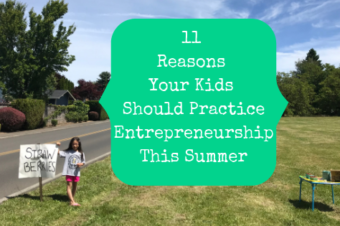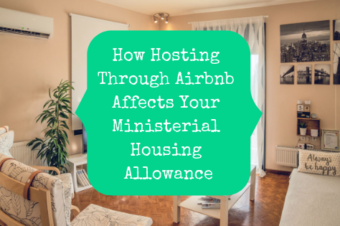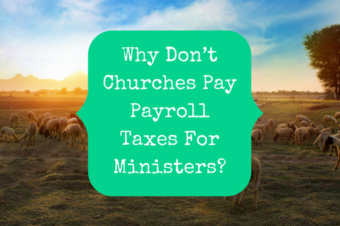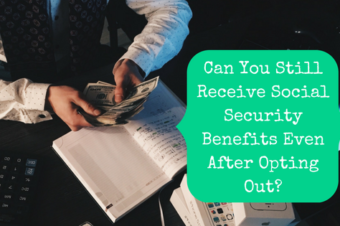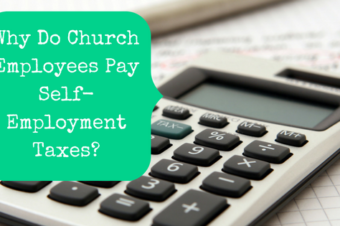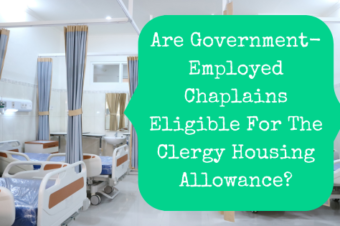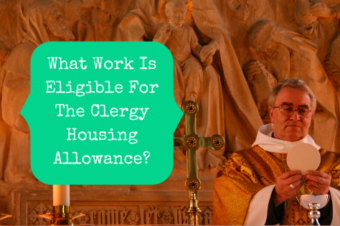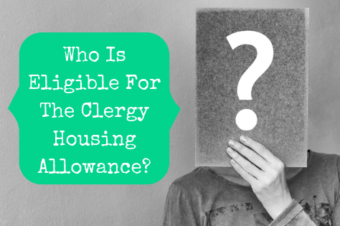Side business, side gig, tent-making ministry, side hustle, part-time self-employment, side job; doing some extra work on top of your regular job has a lot of different names these days. No matter what you call it, a lot of pastors (and their spouses) see it as a good way to provide for their families when serving in a position that doesn’t pay quite enough.
We have discussed different ideas for side jobs for pastors on this blog previously and even took an in-depth look at how one pastor’s wife has used Airbnb to augment her husband’s pastoral salary. We also spent some time discussing the ethics of pastors and business and how to maintain boundaries between your business and ministry.
Today we’re going to get really practical. How do you actually go about starting your own little business on the side?
1. Pray
I know this should go without saying, but I know from time to time we all let our human nature take over and jump into things without really seeking God’s will on the matter. Like Psalm 127:1 says, though, “Unless the Lord builds the house, the builders labor in vain.” We all know this.
Before you get started, spend some time in prayer. Make sure it’s really a God-idea and not your flesh or insecurities driving you to start your own business. Then, in each step of the process below, make sure you are taking it to God for his wisdom and guidance.
2. Gather & Research Ideas
Once you get the green light from God, start brainstorming ideas. Here are some that I came up with that would be able to work around a pastor’s schedule. Here are some that are specific to the Christmas season. You can also google “side job ideas” and get 802,000,000 results in half a second.
As you come up with ideas, look for things that:
- Can work around your pastoral schedule
- Will not create conflicts of interest or ethical dilemmas
- You would enjoy at least somewhat (it doesn’t have to be your greatest passion but you shouldn’t hate it)
- There are easily identifiable people willing to pay for it
- You will be able to earn enough to make the time and effort worthwhile
After you have a couple of ideas that excite you, do some research. The internet is chock full of information from personal experiences of people who have done that job to information on how the job pays, how much competition there is for it, and ideas for how to be successful doing it. In addition to researching your ideas online, seek the advice of experienced business people that you know. As Proverbs says, there is safety in a multitude of counselors.
3. Build A Plan For The Best Idea
The next step is to pick the best of your ideas based on your research and God’s guidance and then develop a detailed plan for how you’ll transform it from a thought into reality. As you get into the details, you’ll probably have to do even more research.
Things to include in your plan are:
- What exact products or services will you offer?
- What resources will you need?
- Where can you get those resources?
- How much time are you going to need to commit (and when)?
- How much money will it require?
- Who are you going to market to?
- How are you going to market to them?
- Are there any legal requirements to conduct this business?
4. Start With A Minimum Viable Product
Now it’s time to get started and actually see if this idea is going to work. It’s not time to “go big or go home,” though. You want to start small to make sure you’re on the right track. You want to start with just enough to be able to analyze the viability of your idea, called a “minimum viable product” in the business world.
If you want to get into landscaping, instead of going out and putting $8,000 worth of tools on your Home Depot card, start with just a lawnmower. Mowing lawns is enough for you to see if you will enjoy the work, if there are enough people willing to hire you, and if you will be able to earn enough to make it worth the effort. If it works out for you, it’s easy to scale up. But, if it doesn’t work out, you haven’t wasted a lot of time or effort discovering that.
5. Analyze & Refine
As I just said, you’re allowed to change your mind, even after you’ve picked an idea. It’s wise to analyze and refine the business as you go. You may only make small tweaks to your plan from Step 3 or you could decide to toss out the business idea altogether and start over at Step 1.
Every step of the way it’s important to pause and reflect on how the business is going. Take some time to look at how the business is doing financially, if there is enough of a market for it to continue and grow, if your product or service can be improved and how, how you feel about doing the work itself, and how it is affecting your family and ministry. Take stock of where you are and the potential for where you could go and don’t be afraid to make course corrections.
When it all comes down to it, running a business isn’t a whole lot different than running a ministry. It needs to be fluid. You need to always be adjusting, growing, improving, and listening to the voice of the Holy Spirit for direction.



